Disclosure: This article contains affiliate links. We may earn a commission from purchases at no extra cost to you, which helps our travel content.
The moment I stepped off the plane in Conakry, Guinea's pulsating capital, I was enveloped by the distinctive blend of Atlantic sea breeze, spicy street food aromas, and the unmistakable energy of West Africa. Having visited five times over the past decade, I've gradually peeled back the tourist veneer to discover the authentic heart of this misunderstood coastal metropolis. What began as a photography expedition evolved into a deep appreciation for Guinea's resilient spirit and vibrant culture. This guide shares my hard-earned insights for experiencing Conakry not as a visitor, but as a temporary local.
Navigating Conakry's Transportation Maze
Conakry's transportation system operates on organized chaos principles that initially overwhelmed even my logistics-trained mind. The city stretches along a narrow peninsula, creating significant traffic congestion that locals navigate with practiced patience.
Your primary options include shared taxis (taxis collectifs), motorcycle taxis (taxi-motos), and private taxis. For the authentic experience, I recommend the shared taxis—distinctive yellow vehicles that follow set routes for just 5,000 Guinean francs (about $0.50). Simply flag one down and tell the driver your destination; they'll indicate if they're heading that way.
For shorter distances within neighborhoods, taxi-motos offer quick transportation, though safety standards vary wildly. After a particularly hair-raising ride during my second visit, I now always carry my own foldable helmet. It collapses to fit in my daypack and has saved my head more than once on bumpy Conakry roads.
When navigating longer distances or traveling at night, negotiate a private taxi. Always agree on the fare before entering the vehicle—expect to pay 50,000-100,000 GNF ($5-10) for longer city trips. Having offline maps is crucial, as I've found even my solar power bank gets a workout keeping my phone charged through long days of navigation and photography.
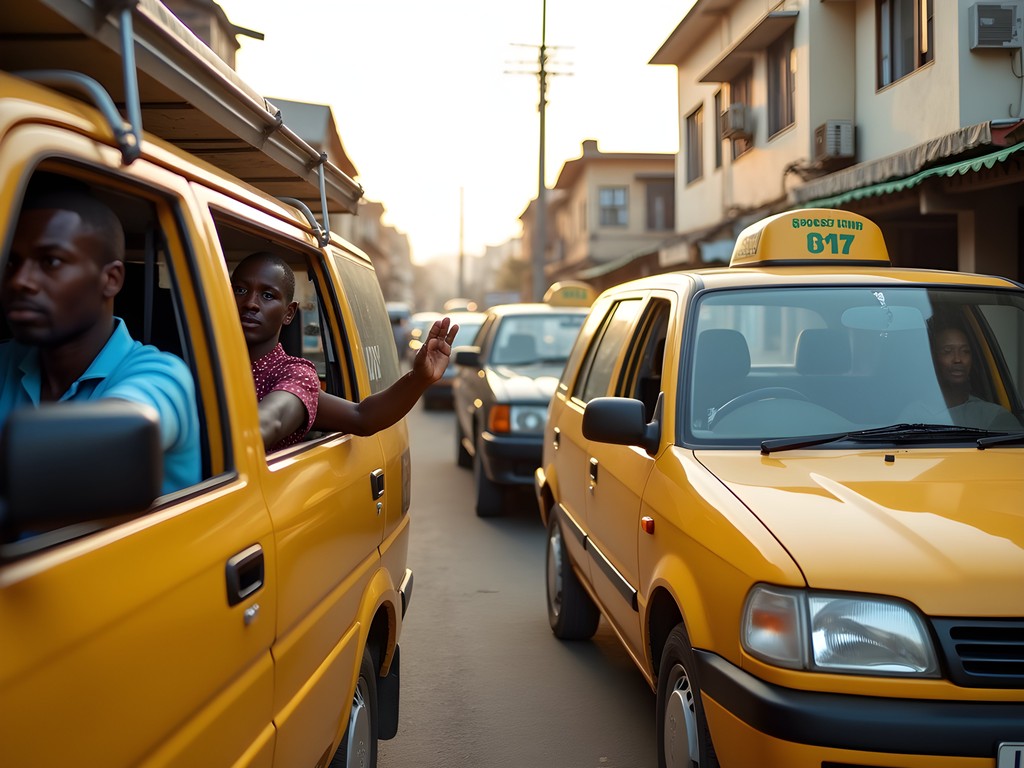
💡 Pro Tips
- Always negotiate taxi fares before getting in
- Learn basic Susu or French phrases for directions
- Save your accommodation location on an offline map
Finding Authentic Guinean Cuisine
My bicultural upbringing taught me that food is the most direct pathway to understanding a culture, and Conakry's culinary landscape offers rich insights. While the city has upscale restaurants catering to expatriates, the most memorable meals come from modest establishments where locals gather.
For breakfast, join Conakry residents at roadside stalls serving café au lait with fresh baguettes. My morning ritual includes stopping at a small bakery near Taouyah Market where the owner now recognizes me and practices Japanese greetings she's learned especially for my visits.
For lunch and dinner, seek out places serving sauce feuille (leaf sauce) with rice or fufu. This nutritious stew varies by chef but typically includes sweet potato leaves, palm oil, and fish or meat. Poulet yassa (chicken marinated in onions and lemon) is another must-try, particularly at the small restaurants near Marché Madina.
Street food requires some caution, but don't miss alloco (fried plantains) from vendors using fresh oil. I always carry my water purifier bottle which has saved me countless times when safe drinking water wasn't available. The ability to purify water on-the-go means I can stay hydrated without contributing to plastic waste.
For an elevated dining experience that remains authentically Guinean, I recommend Le Petit Bateau near the port. Their grilled fish with attieke (cassava couscous) perfectly captures Guinea's coastal flavors.
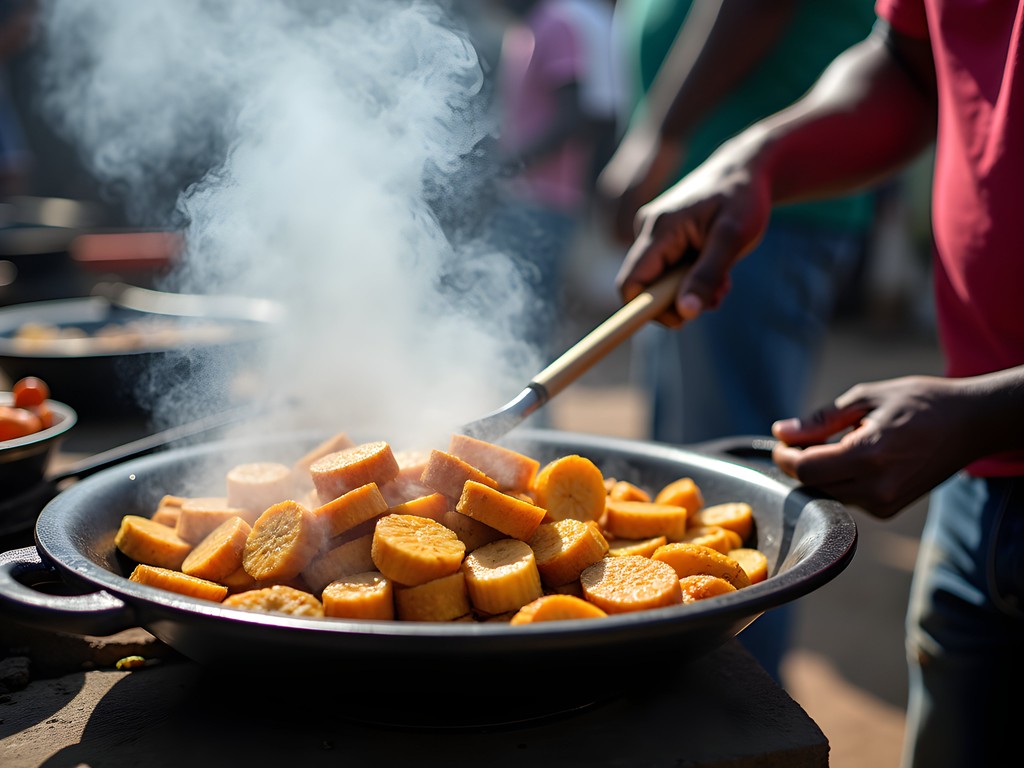
💡 Pro Tips
- Look for restaurants filled with locals, not tourists
- Try 'sauce feuille' at least once for authentic Guinean flavors
- Visit Madina Market to sample fresh tropical fruits like soursop and African star apple
Cultural Navigation & Etiquette
Guinea's cultural fabric blends Islamic traditions (approximately 85% of the population) with indigenous practices, creating unique social protocols that visitors should respect. My Japanese-American background has taught me the value of cultural observation before participation—a practice that serves travelers well in Conakry.
Dress modestly, particularly women. I typically wear lightweight pants or longer skirts with moisture-wicking tops that provide sun protection while remaining respectful. During Ramadan, be especially mindful about eating or drinking in public during daylight hours.
Greetings are essential social currency in Conakry. Take time to say bonjour (French) or tana (Susu) before beginning any conversation or transaction. When meeting someone of importance, a slight bow with your right hand over your heart shows respect—a gesture that feels natural to me given my Japanese heritage.
Photography requires sensitivity. Always ask permission before photographing people, and understand that some may request a small payment. Government buildings, military installations, and the airport are strictly off-limits for photography. When I'm documenting Conakry's vibrant markets, I use a anti-theft crossbody bag that keeps my valuables secure while allowing quick access to camera equipment.
When invited into someone's home, removing shoes and bringing a small gift (fruit, pastries, or tea) is appreciated. These moments of cultural connection—sharing a meal with a local family who patiently taught me to eat fufu properly—remain my most treasured memories of Guinea.
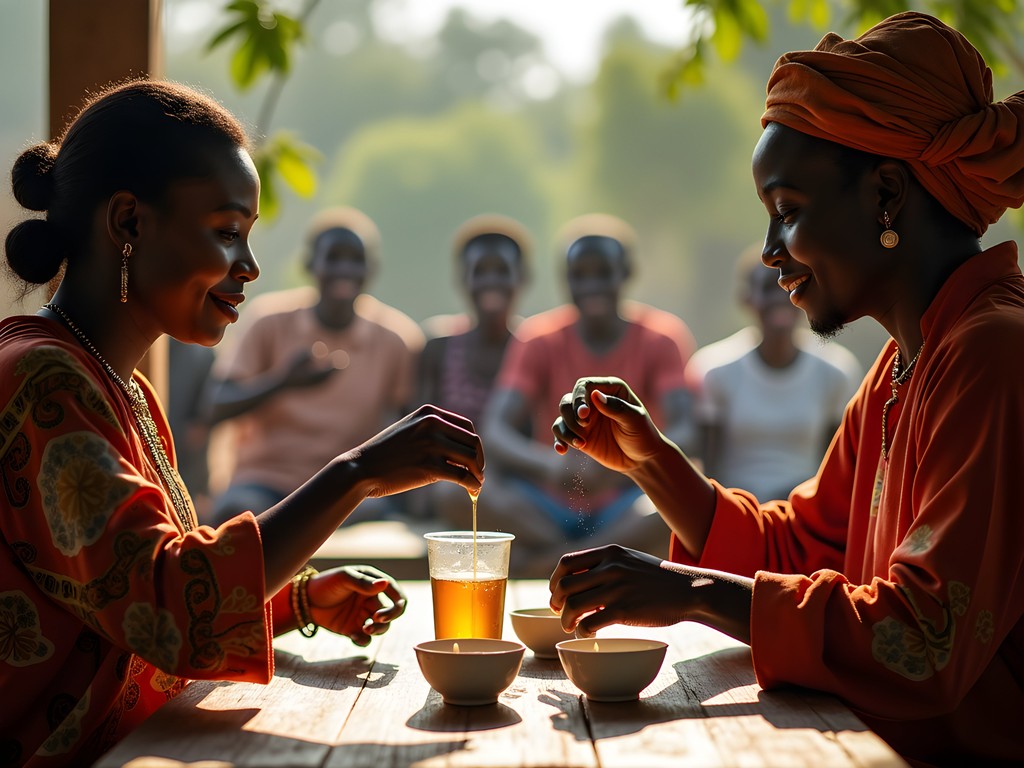
💡 Pro Tips
- Learn basic greetings in French and Susu
- Dress modestly with shoulders and knees covered
- Always ask permission before taking photos of people
Beyond the Guidebook: Hidden Conakry
While Conakry lacks the established tourist infrastructure of other West African capitals, its authentic character rewards the persistent traveler. The city's true appeal lies in experiences unlikely to appear in conventional travel guides.
The beaches along Route de la Corniche offer respite from urban intensity. Skip the more popular Rogbané Beach in favor of quieter stretches near Kipé. Early mornings bring local fishermen landing their catches and an opportunity to purchase fresh seafood directly. During my last visit, I joined a group of women at dawn practicing a beautiful blend of yoga and traditional movement on the shoreline—an invitation extended after several days of curious observation.
The Centre Culturel Franco-Guinéen regularly hosts music performances showcasing Guinea's rich percussion traditions. This country gave birth to some of West Africa's most influential musicians, and catching a live performance provides context impossible to gain elsewhere. Check their Facebook page for updated schedules.
For a day trip, the Îles de Los (Loose Islands) lie just a short boat ride from Conakry's port. These former slave-trading outposts now offer pristine beaches and fishing villages largely untouched by tourism. Arrange transportation through your accommodation or at the port directly. I recommend bringing a dry bag to protect electronics and valuables during the sometimes splashy crossing.
My most memorable Conakry experience came through a local soccer connection. As a lifelong player, I brought a portable soccer ball and joined a community game near the Stade du 28 Septembre. This simple act created instant camaraderie that transcended language barriers and led to an invitation to a family celebration that evening.
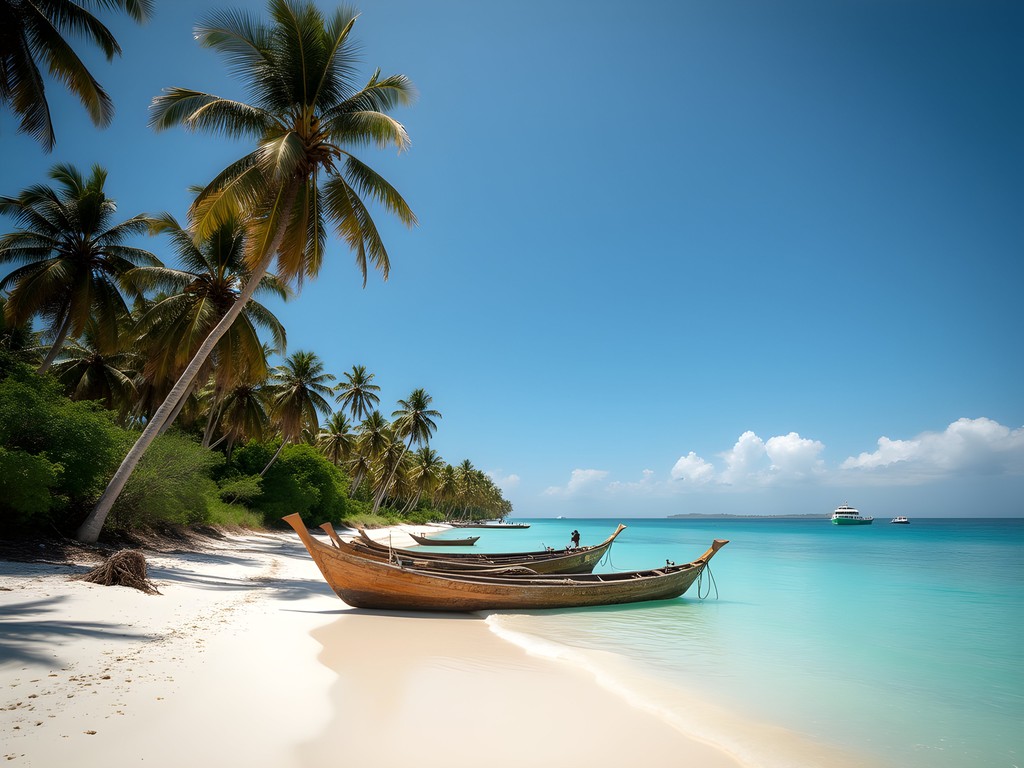
💡 Pro Tips
- Visit the Îles de Los on weekdays to avoid weekend crowds
- Check the Centre Culturel Franco-Guinéen for cultural performances
- Connect with locals through shared interests like sports or music
Safety & Practical Considerations
Approaching Conakry with mindfulness rather than fear allows for meaningful experiences while maintaining safety. Guinea has experienced political instability, so stay informed about current conditions through your country's travel advisories before and during your visit.
Healthcare infrastructure is limited, making comprehensive travel insurance essential. I always travel with a first aid kit containing basic medications, bandages, and antimalarial supplies. Yellow fever vaccination is required for entry, and malaria prophylaxis is strongly recommended.
Water and electricity shortages occur regularly throughout Conakry. Accommodations with generators are worth the additional cost, particularly during Guinea's hot season (March-May) when temperatures regularly exceed 90°F (32°C). I've found that a cooling towel provides remarkable relief when air conditioning fails during power outages.
Petty theft occurs in crowded areas like Marché Madina. I secure valuables in a hidden money belt worn under clothing and carry only necessary cash in easily accessible pockets. Photographing with situational awareness is crucial—I never display expensive equipment openly when not actively shooting.
Conakry operates largely on cash, with limited credit card acceptance even at upscale establishments. Bring new, crisp USD notes for exchange, as damaged bills may be rejected. Exchange money only at banks or official bureaux de change, avoiding street money changers despite their tempting rates.
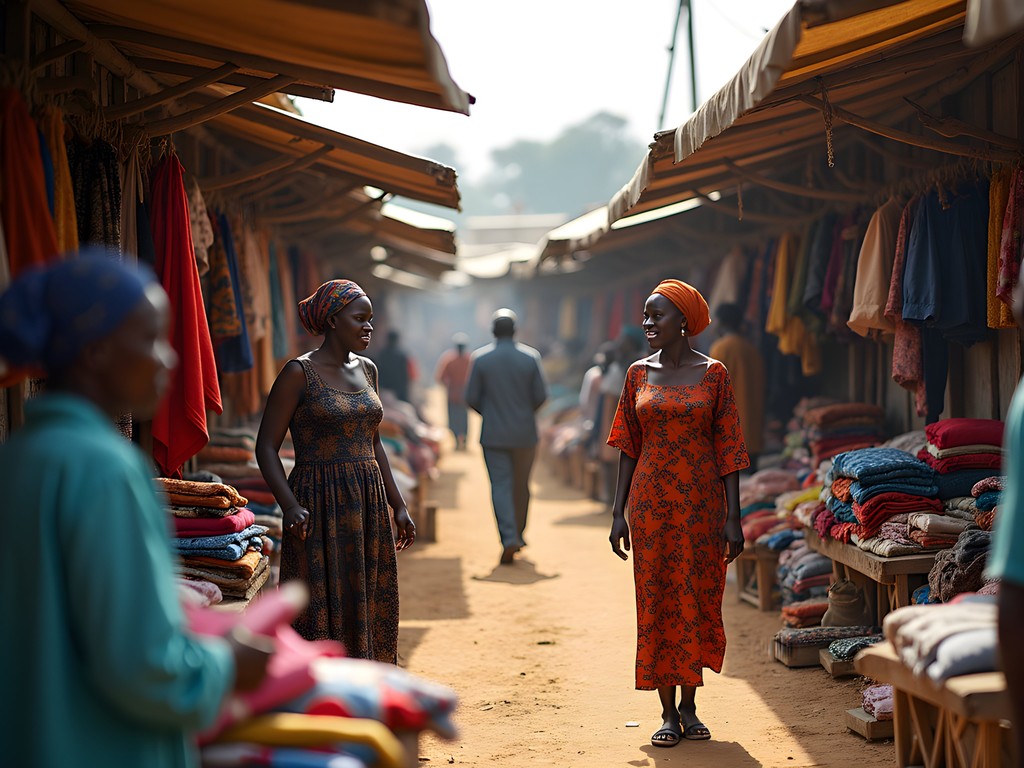
💡 Pro Tips
- Register with your embassy upon arrival
- Carry photocopies of important documents separately from originals
- Save emergency contacts including your accommodation in your phone
Final Thoughts
Conakry reveals itself slowly to those willing to embrace its contradictions—the chaotic traffic alongside moments of profound tranquility, the economic challenges contrasted with extraordinary generosity. My approach to travel has always been influenced by the Japanese concept of wabi-sabi—finding beauty in imperfection—and nowhere demands this perspective more than Guinea's complex capital.
The rewards of navigating Conakry like a local extend far beyond the typical travel experience. You'll discover a resilient city where colonial history, Islamic traditions, and indigenous cultures create something entirely unique in West Africa. You'll meet people whose warmth and hospitality defy the economic challenges they face daily.
As you prepare for your journey to Conakry, remember that flexibility and patience are your most valuable travel companions. Plans will change, power will fail, and taxis will break down—but these moments often lead to the most meaningful connections and memorable stories. Come with an open heart, respect for local customs, and a willingness to step beyond your comfort zone. Guinea will challenge you, but it will also reward you with authentic experiences increasingly rare in our homogenized world.
✨ Key Takeaways
- Embrace Conakry's contradictions and approach challenges with patience
- Connect with locals through food, music, and shared activities
- Respect cultural norms by dressing modestly and learning basic greetings
- Prepare for infrastructure limitations with appropriate gear and expectations
📋 Practical Information
Best Time to Visit
November to February (dry season)
Budget Estimate
$30-50 USD per day (budget accommodation, local food, transportation)
Recommended Duration
5-7 days
Difficulty Level
Challenging

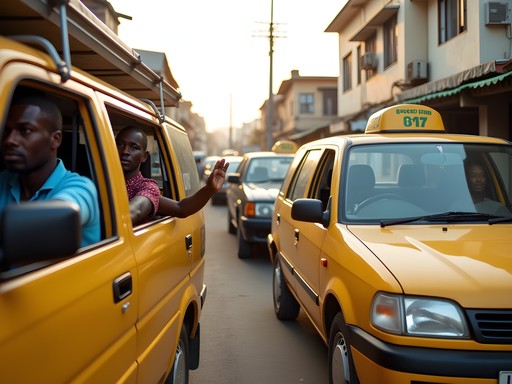
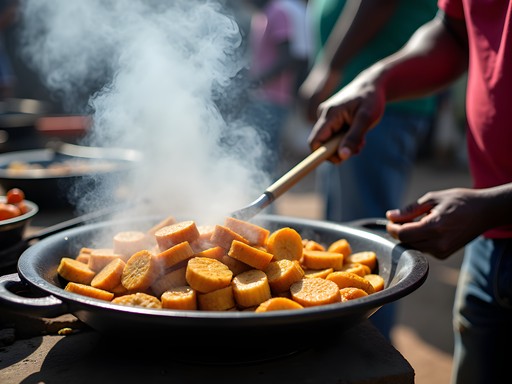
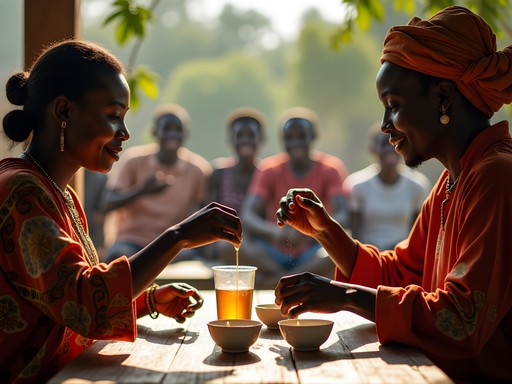
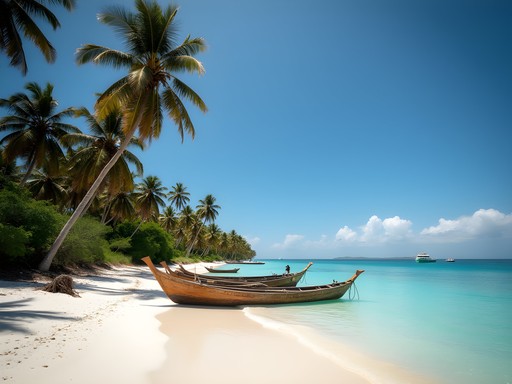
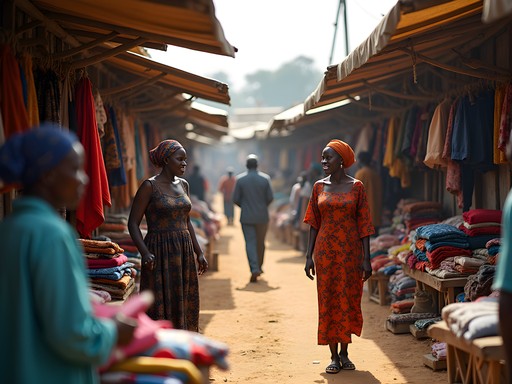



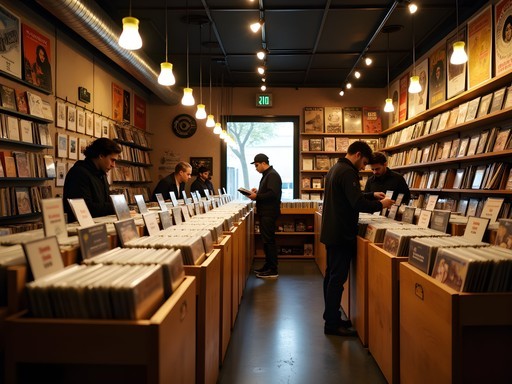
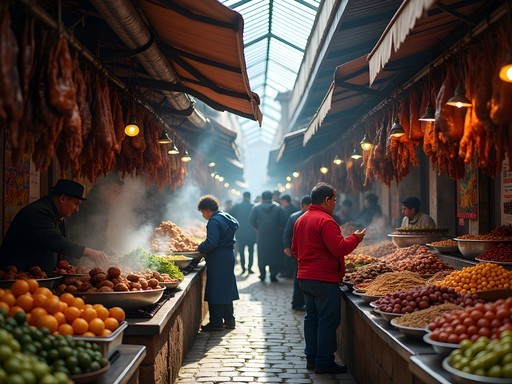
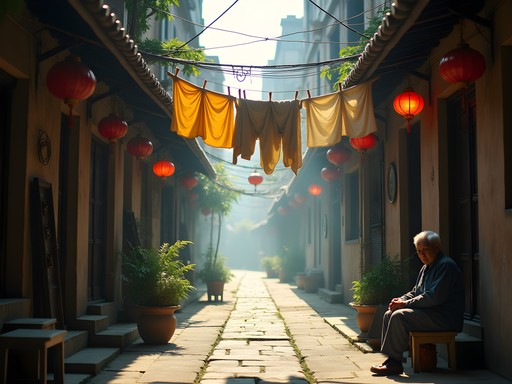
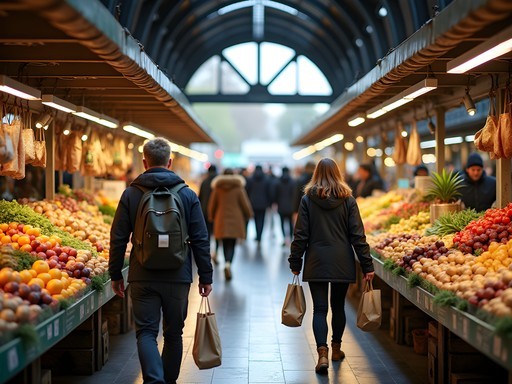
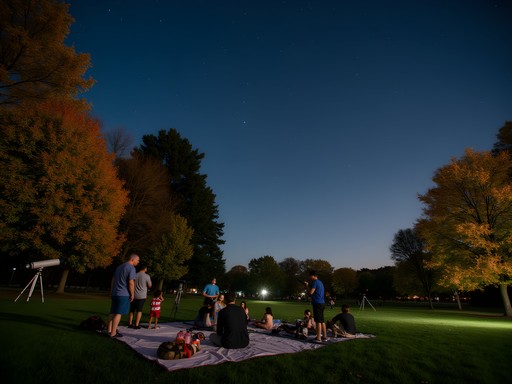

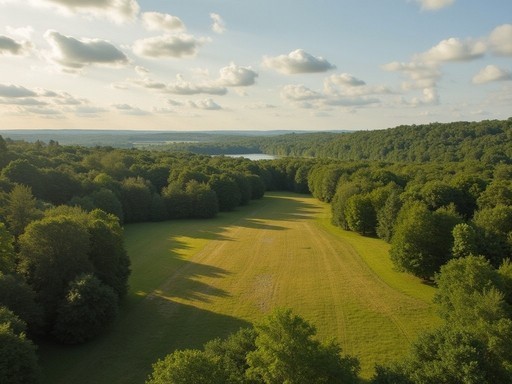
Comments
freerider
Those sunset photos from Île de Kassa are incredible! Adding Guinea to my bucket list.
Fatima Sims
Elizabeth, thank you for highlighting Conakry so beautifully! I spent three weeks there last year as part of my West African journey, and it's definitely underrated. One thing I'd add about transportation - those shared taxis (the magbanas) are an adventure, but for first-timers, I'd recommend having your destination written down to show the driver, as the routes can be confusing. Also, the Centre Culturel Franco-Guinéen often has amazing live music on weekends - definitely worth checking out! For anyone planning a visit, I found my pocket phrasebook absolutely essential since English isn't widely spoken outside tourist areas. The section on West African French variations was particularly useful in Guinea.
islandace
Thanks for the phrasebook recommendation, Fatima! Just ordered it for my trip.
Fatima Sims
You're welcome! It'll definitely come in handy. Also, don't miss the Marché Madina - it's chaotic but fascinating!
Lillian Diaz
This guide brought back so many memories! I spent three weeks in Guinea last year, starting in Conakry before heading to the Fouta Djallon highlands. Elizabeth nails the description of navigating those shared taxis - complete chaos but somehow it works! For anyone going, don't miss the night food market in Kaloum where you can get the most amazing grilled fish with that spicy sauce she mentioned. The trick is to arrive around 8pm when everything's fresh but the crowds aren't too intense yet. Also, the section on cultural etiquette is spot-on - taking time for proper greetings made such a difference in how people responded to me. Conakry has rough edges for sure, but it's those hidden gems and warm interactions that make it unforgettable.
travelmate
Great photos! The markets look so vibrant.
travelperson
OMG I love this post so much!! I've been looking for info on Conakry forever and this is exactly what I needed! Those food recommendations sound amazing - especially the mafé and that place with the plantains! Saving this for my trip next year! 😍
islandace
This is so helpful! I'm heading to Conakry next month for work and will have weekends free. What's the best way to get around if I don't speak much French? And any specific neighborhoods you'd recommend staying in?
travelperson
Not the author but I was in Conakry last year! Download Maps.me before you go - it works offline and was a lifesaver for me. Kaloum area is central and convenient if you're there for work!
islandace
Thanks for the tip! Will definitely download that app.
Hayden Butler
Elizabeth, your post brought back vivid memories of my time in Conakry last year! I stayed at the Sheraton Grand Conakry and while it was a luxurious bubble, I'm so glad I ventured out to experience the real city. That fish market you mentioned near Port de Pêche was a revelation - I had the most incredible grilled barracuda from a small stall run by a woman named Mariama. One tip I'd add: the sunset views from the lighthouse at Île de Kassa are absolutely worth the boat trip. Just make sure to arrange your return before dark as boats become scarce. Did you make it to any of the islands during your stay?
Elizabeth Stephens
Hayden, I did make it to Île de Kassa! That sunset is magical, isn't it? I actually stayed overnight at a small guesthouse there. And yes, Mariama's grilled fish is legendary among those who know!
roamstar
Great post! How safe would you say Conakry is for solo female travelers? Planning a West Africa trip for next year and considering adding Guinea to my itinerary.
Elizabeth Stephens
Thanks for asking! As a solo female traveler myself, I found Conakry generally safe with common sense precautions. Stick to well-lit areas at night and use trusted taxi services like Taxi Jaune. The locals are incredibly helpful if you make an effort with basic French phrases!
roamstar
That's really helpful, thanks! Will definitely brush up on my French before going.
backpackvibes
Hey Elizabeth! Planning my first trip to West Africa and thinking about including Conakry. How many days would you recommend staying there? Is it easy to travel from Conakry to other parts of Guinea?
starhero
Got back from Conakry last week and used many of your tips! The Marché Madina was exactly as you described - overwhelming but amazing. We found that incredible fabric shop you mentioned and brought home some gorgeous prints. One tip to add: there's now a small coffee shop called Café Nimba near the National Museum that makes the best bissap juice in the city and has reliable wifi. Perfect spot to escape the afternoon heat!
Elizabeth Stephens
Café Nimba sounds fantastic! I'll have to check it out next time. So glad the guide was helpful for your trip!
Venture X
Premium card with 2X miles, $300 travel credit, Priority Pass